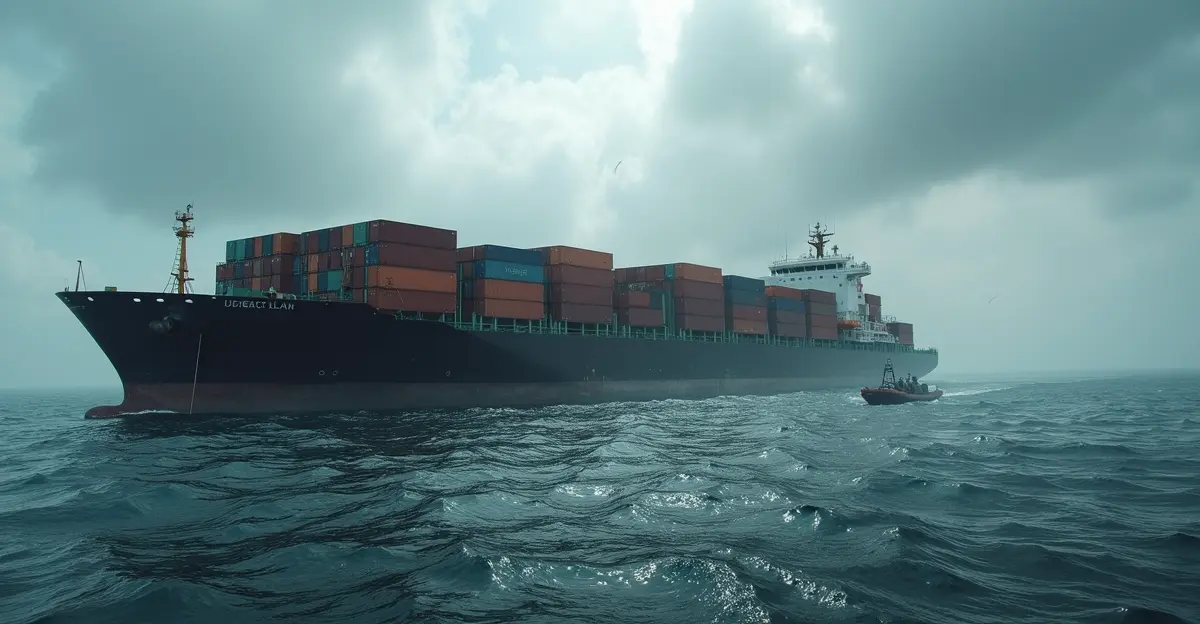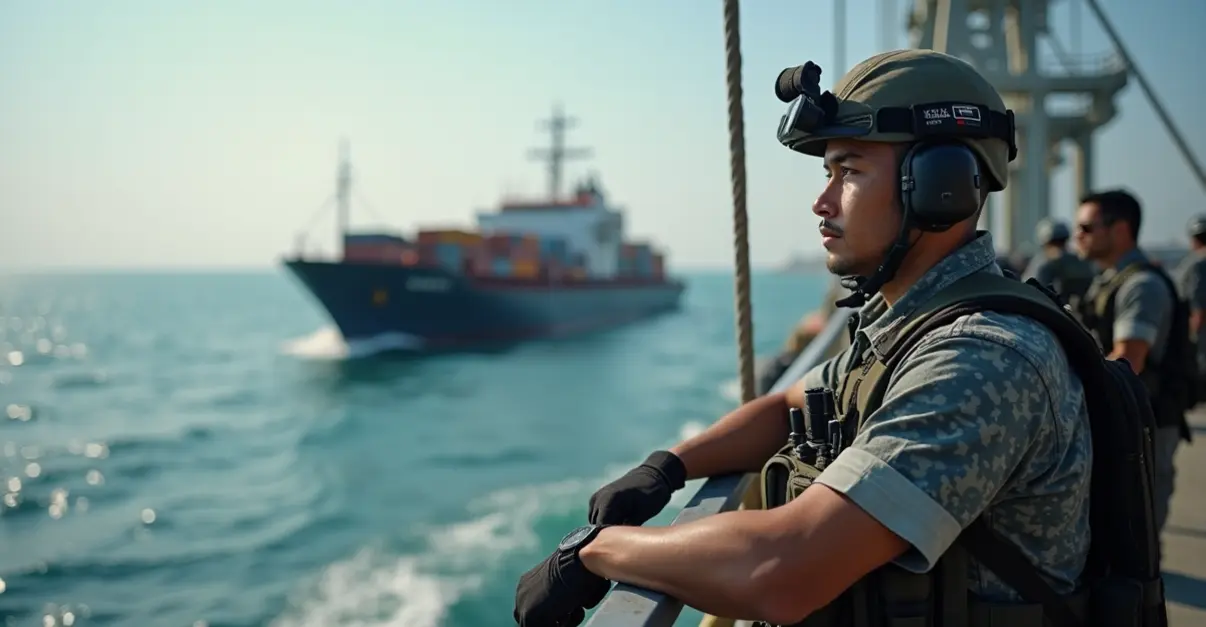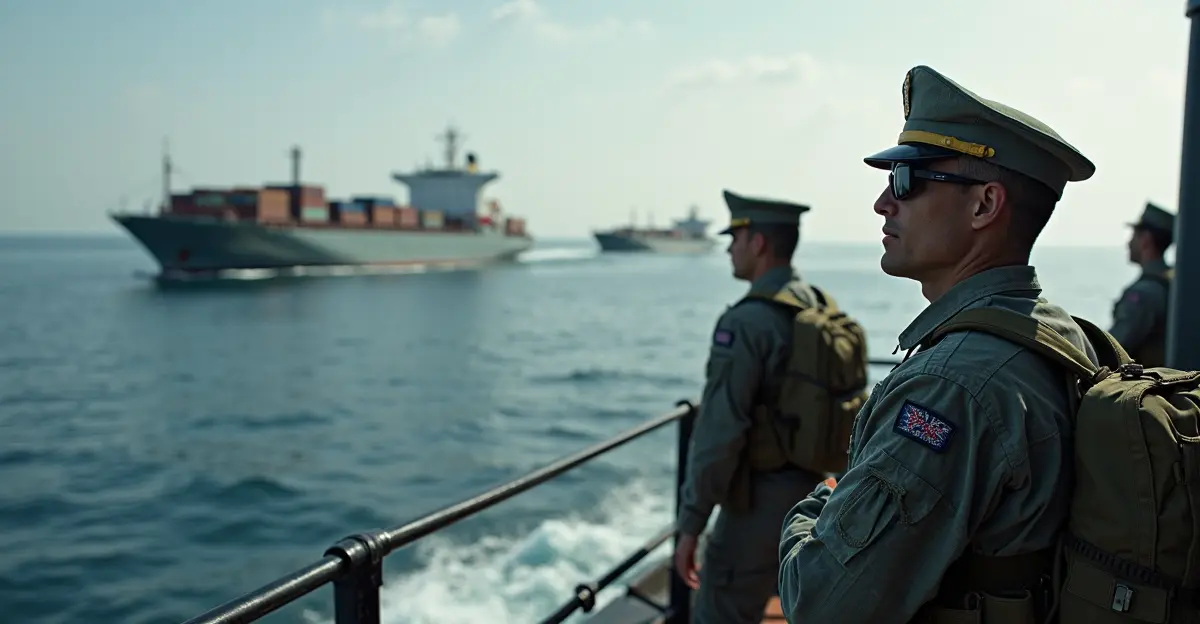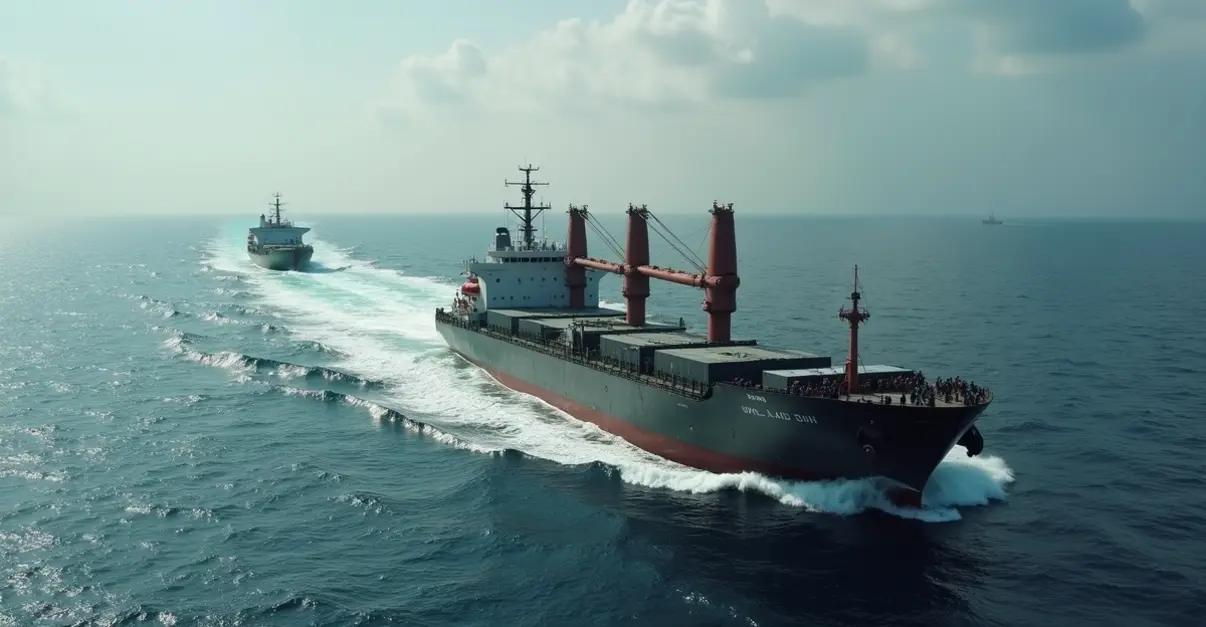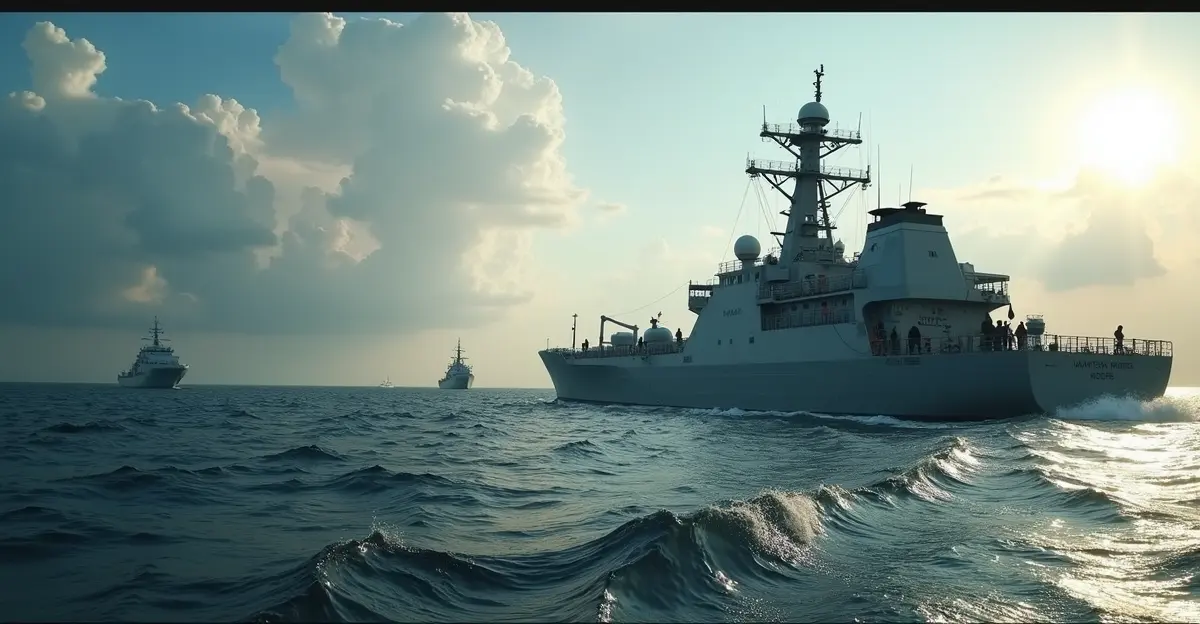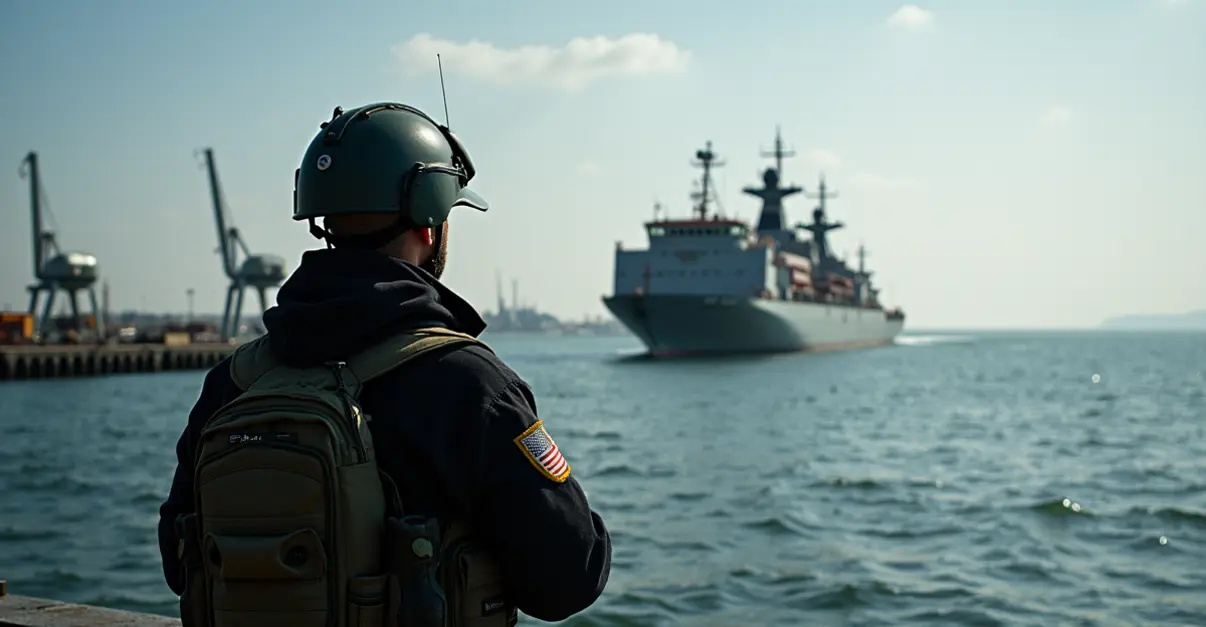International Forces Unite to Protect Critical Sea Lanes
In a coordinated global effort, maritime security coalitions are intensifying patrols and intelligence sharing operations across the world's most vital shipping chokepoints. The International Maritime Security Construct (IMSC), formed in 2019, has expanded its mission to protect merchant vessels navigating through strategic waterways including the Strait of Hormuz, Bab el-Mandeb, and Gulf of Aden.
Escalating Threats Demand Unified Response
The need for enhanced maritime security has become increasingly urgent as geopolitical tensions continue to threaten global trade routes. According to recent data from the U.S. Maritime Administration, Houthi forces in Yemen have conducted at least 113 separate attacks since November 2023, resulting in four mariner deaths and one vessel seizure. These incidents highlight the critical importance of coordinated security measures.
'The freedom of navigation is fundamental to global commerce, and we're seeing unprecedented threats to this principle,' says Rear Admiral Michael Johnson, a spokesperson for Coalition Task Force SENTINEL. 'Our coalition's mission is strictly defensive - we're here to ensure merchant vessels can transit safely through these vital waterways.'
Comprehensive Security Operations
The IMSC, through its operational arm Coalition Task Force SENTINEL, conducts overt security patrols across multiple regions. The coalition currently includes eight nations - the United Kingdom, Australia, Albania, Saudi Arabia, Bahrain, Lithuania, United Arab Emirates, and the United States - with several other countries in various stages of joining.
Recent operations have focused on three primary areas: the Persian Gulf and Strait of Hormuz, where approximately 20% of the world's oil passes daily; the Bab el-Mandeb Strait connecting the Red Sea to the Gulf of Aden; and the Southern Red Sea region. These chokepoints are critical for global energy security and international trade.
Enhanced Merchant Vessel Guidance
In response to escalating threats, major maritime industry associations including BIMCO, ICS, IMCA, INTERCARGO, INTERTANKO, and OCIMF have launched a consolidated Best Management Practices (BMP) for Maritime Security publication for 2025. This comprehensive guide replaces previous regional publications with a single interactive resource to help vessels plan voyages and address security threats globally.
'The new BMP guidelines represent a significant step forward in protecting our seafarers and vessels,' explains Captain Sarah Chen, a veteran merchant marine officer with 25 years of experience. 'Having unified, up-to-date security protocols is essential when navigating through high-risk areas. The intelligence sharing between coalition forces and commercial shipping has never been more important.'
Countering Regional Challenges
The security situation has become increasingly complex with the emergence of competing naval exercises. In March 2025, Russia, China, and Iran conducted the 'Maritime Security Belt 2025' trilateral naval exercise near Chabahar, Iran. These drills included anti-piracy, search-and-rescue, and naval combat exercises in the strategically vital Gulf of Oman and Strait of Hormuz region.
Meanwhile, the U.S. Federal Maritime Commission has initiated a formal investigation into transit constraints at seven critical global maritime chokepoints, examining potential anticompetitive practices and other factors affecting U.S. foreign trade interests.
Future Outlook and Strategic Importance
As global trade continues to depend on these narrow waterways, the importance of maritime security coalitions cannot be overstated. The Strait of Hormuz alone sees approximately 21 million barrels of oil pass through daily, while the Bab el-Mandeb handles nearly 10% of global seaborne trade.
'What we're witnessing is a fundamental reshaping of maritime security architecture,' notes Dr. Elena Rodriguez, a maritime security analyst at the Center for Strategic Studies. 'The cooperation between military forces and commercial shipping represents a new paradigm in protecting global supply chains. These chokepoints aren't just strategic military concerns - they're economic lifelines for the entire world.'
The ongoing operations demonstrate that while geopolitical tensions may create challenges, international cooperation remains essential for maintaining the freedom of navigation that underpins global commerce. As merchant vessels continue to transit these vital waterways, the coordinated efforts of maritime security coalitions provide crucial protection for both seafarers and the global economy.

 Nederlands
Nederlands
 English
English
 Deutsch
Deutsch
 Français
Français
 Español
Español
 Português
Português
